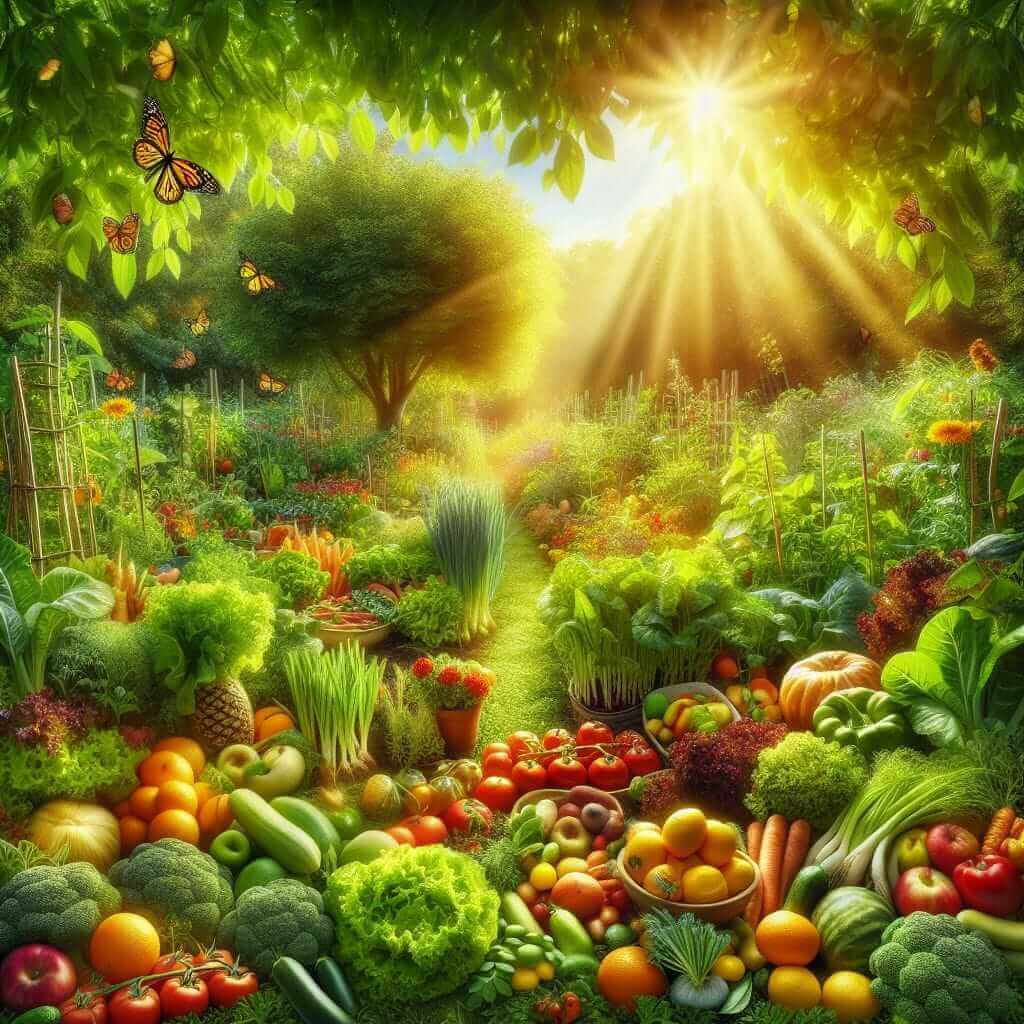Community gardens have gained significant attention for their potential role in enhancing urban food security. This topic is essential for IELTS Writing Task 2 as it touches upon modern urban challenges, sustainability, and social cooperation. Historically, topics related to urban agriculture, food security, and community initiatives have appeared multiple times in IELTS exams. Given the increasing global focus on sustainable urban living, we can anticipate similar themes emerging in future tests.
Main Content
Chosen IELTS Task 2 Essay Topic
Some people believe that community gardens are an important tool in achieving urban food security, while others think they are ineffective and impractical. Discuss both views and give your opinion.
Task Analysis
This task requires a balanced argument that discusses both perspectives regarding the efficacy of community gardens in improving urban food security. You need to offer a clear opinion, supported by relevant examples and reasoning. The essay should be structured cohesively with a clear introduction, body paragraphs for both views, and a conclusion that restates your stance.
Sample Essay
Introduction
Urban food security is a pressing issue in many cities around the world, with increasing populations and limited space for agriculture. Community gardens have been proposed as a potential solution to this problem. While some argue that they are vital for ensuring local food production, others believe that their impact is minimal and impractical. This essay will discuss both views before presenting my opinion on the matter.
Arguments for Community Gardens
Supporters of community gardens highlight several benefits. Firstly, these gardens provide fresh, locally-grown produce, which can improve nutritional intake and reduce dependency on imported food. This is particularly crucial in urban areas, where access to fresh food can be limited. Secondly, community gardens promote environmental sustainability by utilizing waste land and reducing the carbon footprint associated with transporting food long distances. Moreover, they enhance social cohesion, as they offer a space for community members to engage with one another, fostering a sense of community and shared purpose.

Arguments Against Community Gardens
However, some people contend that community gardens are not a feasible solution for urban food security. One major criticism is that the scale of production in these gardens is insufficient to meet the demands of large urban populations. They argue that the limited space in cities cannot produce enough food to make a significant impact. Additionally, maintaining a community garden requires continuous effort, resources, and coordination, which can be challenging to sustain over the long term. Critics also point out that these initiatives often rely on volunteers, which can lead to inconsistency in management and productivity.
Personal Opinion
In my opinion, while community gardens might not completely solve urban food security issues, they do play an important complementary role. They offer educational opportunities and inspire behavioral changes towards sustainable living and local food consumption. For example, urban areas like New York City have seen substantial benefits from community gardens in terms of reduced food deserts and enhanced community health. Thus, while not a panacea, community gardens contribute positively towards creating more resilient urban food systems.
Conclusion
In conclusion, community gardens offer numerous benefits, including access to fresh produce, environmental sustainability, and social cohesion. Although they face challenges in scalability and maintenance, their potential to complement broader food security strategies should not be underestimated. Ultimately, they represent a valuable tool in the quest for urban food security and community resilience.
Word count: 373 words
Key Considerations when Writing
- Vocabulary: Use varied vocabulary related to the topic. For instance, words like “nutritional intake”, “carbon footprint”, and “sustainability” enhance the academic tone.
- Grammar: Pay attention to sentence structures, using complex sentences where appropriate to demonstrate language proficiency.
- Cohesion and Coherence: Ensure that each paragraph flows logically from one to another and stays on topic.
- Examples: Provide specific examples to support your points, making your essay more persuasive and relatable.
Difficult Vocabulary to Remember
- Nutritional intake (noun) /nuːˈtrɪʃənl ˈɪnteɪk/: The amount and type of nutrients consumed.
- Carbon footprint (noun) /ˈkɑːrbən ˈfʊtprɪnt/: The total greenhouse gas emissions caused directly or indirectly by an individual or organization.
- Sustainability (noun) /səˌsteɪnəˈbɪləti/: The ability to maintain balanced levels of natural resources over the long term.
- Feasible (adjective) /ˈfiːzəbl/: Possible and practical to achieve easily or conveniently.
- Deserts (noun) /ˈdezərts/: Areas lacking sufficient fresh food or resources.
- Resilient (adjective) /rɪˈzɪliənt/: Able to withstand or recover quickly from difficult conditions.
- Cohesion (noun) /koʊˈhiːʒən/: The action or fact of forming a united whole.
- Complementary (adjective) /ˌkɑːmpləˈmentri/: Combining in such a way as to enhance or emphasize the qualities of each other.
Conclusion
Community gardens, while not without challenges, offer a meaningful contribution to urban food security. They foster sustainability, local food production, and community bonding. Future IELTS candidates could expect topics related to urban agriculture, climate change, and sustainability. Practicing such themes will undoubtedly prepare for success in the writing task of the IELTS exam.
Related Links
Explore more about urban food security in these articles: